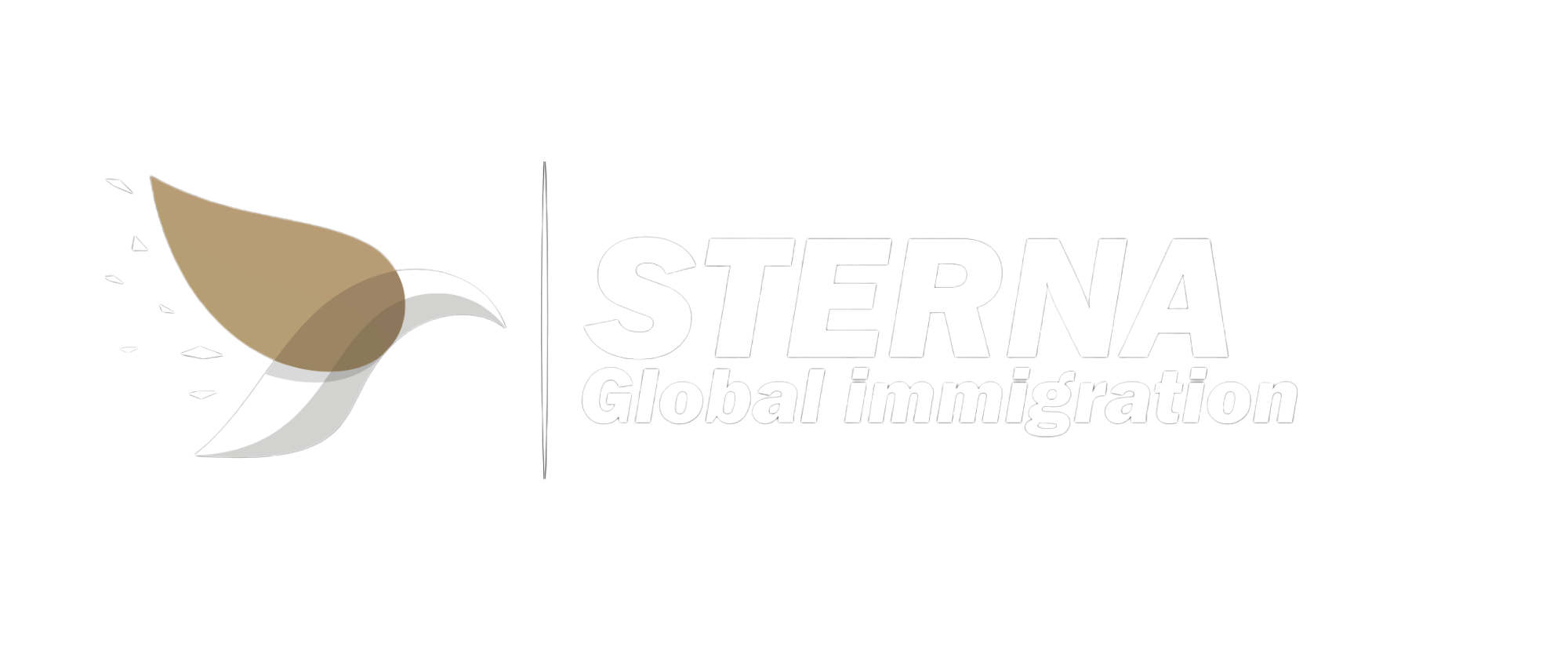Canada offers various immigration pathways, making it one of the top destinations for immigrants. Recently, it has been tightening immigration policies affecting numerous international students and workers.
According to Immigration News Canada, approximately 2.36 million applications for temporary residency in 2024 were rejected by the government.
The Canadian government wants to better manage the population and its resources, such as housing, infrastructure and public services.
Visas that are highly impacted by these are those applying for:
*Visitor visa
*Study permits
*Work permits
When applying for Canada, it is important to understand why Canada might say “no.” Before planning your application, check out these common reasons for refusal and how to avoid them.
Incomplete or incorrect information in your application
Ensure that you complete all documents, sign forms as necessary, and verify that you are not using outdated versions of applications.
Not meeting the program’s eligibility requirements.
Most applications are denied if the main applicant does not meet key criteria such as work experience, educational credentials, and language scores.
Misrepresentation
Some applicants falsify information or documents, leading to misrepresentation. This offence can result in a five-year ban in Canada. Common examples include failing to declare visa refusals, criminal charges, or providing fake job letters or pay stubs.
Inadmissibility
Applicants may also be inadmissible if they have a criminal history, a medical condition that could excessively demand health services, or security concerns.
Insufficient proof of funds
For many applications, such as study permits, visitor visas, and even express entry, proof of funds is required.
Failure to provide the following may often result in rejection.
*Proof of legal income
*Bank statements
*Employment letters
*Failure to convince the visa officer
Visa applicants, whether students, workers, or visitors, must convince officers that they will leave Canada at the end of their stay.
Failure to provide strong evidence of home ties, such as financial assets, family members or business interests.
However, visa rejections or refusals aren’t always the end of the road; they can delay your journey. Learn from common mistakes, seek professional help if needed and always stay updated with IRCC requirements.
If you have recently been refused and need assistance with a reconsideration request or judicial review, please don’t hesitate to contact our team at 1-403-397-4582.
With love,
Patricia D.
Sources: IRCC, Immigration News Canada




